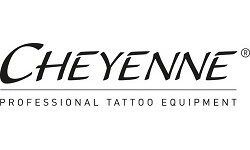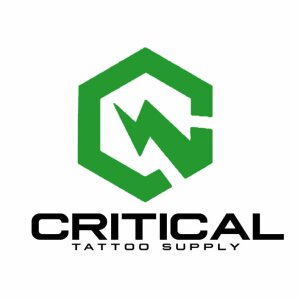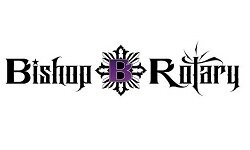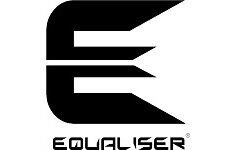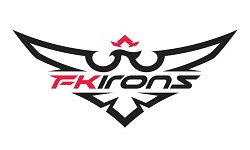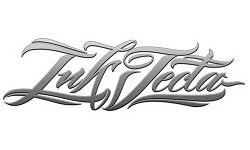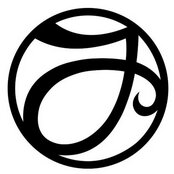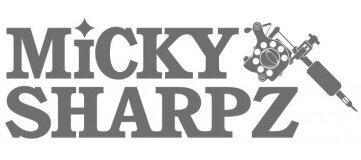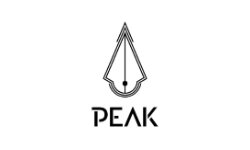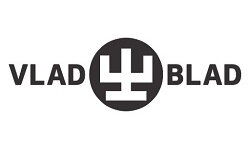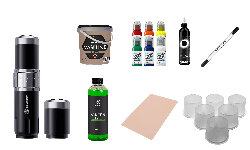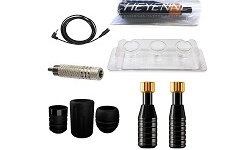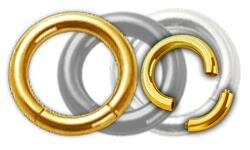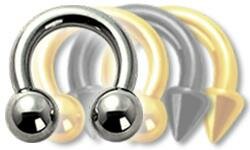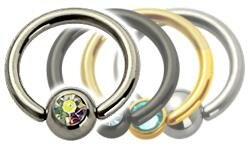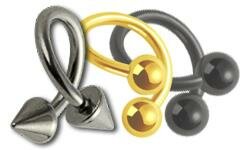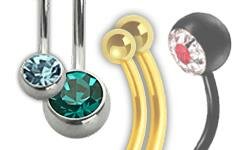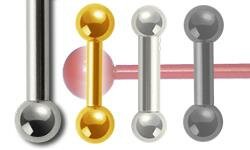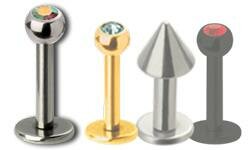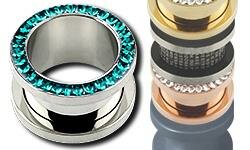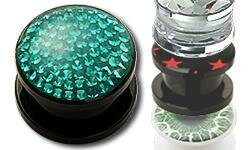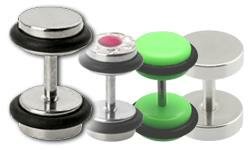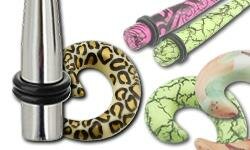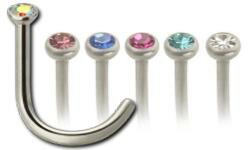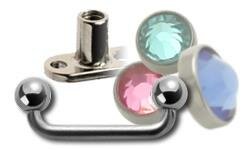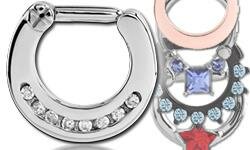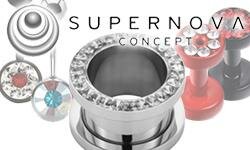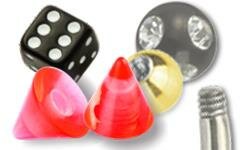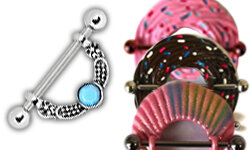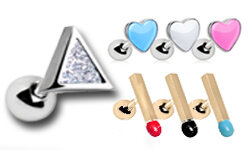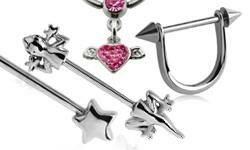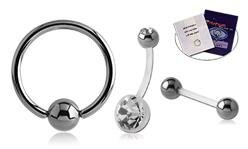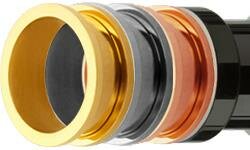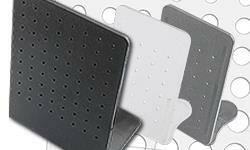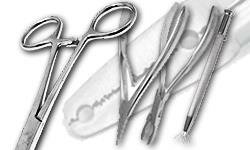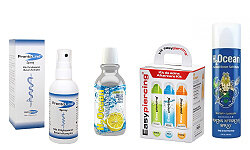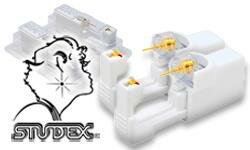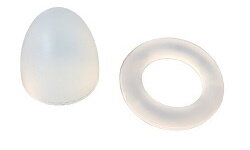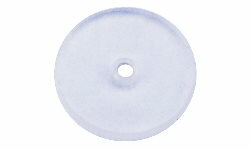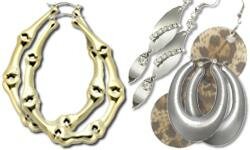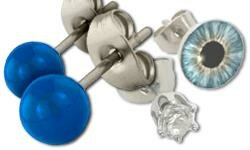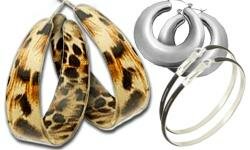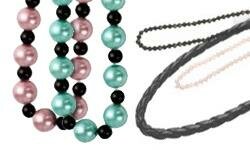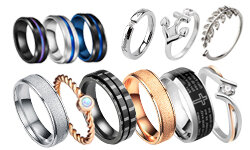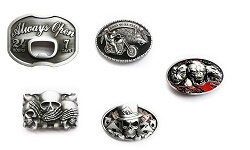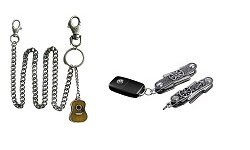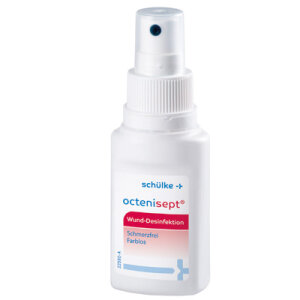
Disinfection in the Field of Permanent Makeup (PMU): A Fundamental Guide to Safety and Cleanliness
Disinfection plays a central role in the practice of Permanent Makeup (PMU). It is not only a legal requirement but also a crucial aspect of professional standards in the cosmetic industry, directly impacting the health and safety of clients and practitioners. This comprehensive guide covers the various aspects and products of disinfection used in the field of Permanent Makeup and explains the importance of proper hygiene practices.
The Importance of Disinfection in PMU Studios
In the field of Permanent Makeup, where fine needles and pigments are directly inserted under the skin, the risk of infections is particularly high. Any small opening in the skin can potentially be an entry point for bacteria and viruses. Therefore, it is crucial that PMU studios maintain strict hygiene practices. Effective disinfection helps prevent cross-contamination, minimize the spread of pathogens, and protect the health of the clients.
Key Products and Their Application
- Disinfectants for Instruments: PMU instruments, such as needles and machines, must be sterilized after each use. Special disinfectants designed to kill all microorganisms are used for this purpose. Autoclaves are commonly used, but chemical sterilizers that disinfect instruments without high temperatures are also employed.
- Skin Disinfection: The client's skin must be thoroughly disinfected before each procedure to prevent infections. Products such as alcohol-based solutions or special skin disinfectants suitable for sensitive skin are applied to prepare the skin.
- Surface Disinfection: All work surfaces, especially treatment beds and countertops, must be regularly and between treatments disinfected. Surface disinfectants that are effective against a wide range of pathogens and dry quickly to avoid delaying operations are used.
- Cleaning of Accessories: All other utensils used in the PMU process, such as pens for pre-drawing shapes, must also be disinfected after each use. Both sprays and soaked wipes are suitable for this purpose.
Special Challenges and Solutions
- Allergies and Sensitive Skin: Since many disinfectants contain potentially irritating substances, choosing the right products is particularly important. Disinfectants that are labeled hypoallergenic and contain no unnecessary fragrances should be used.
- Resistant Microorganisms: Some bacteria and viruses are especially resistant to conventional disinfectants. PMU studios must therefore ensure that the disinfectants used have a broad spectrum of action and are regularly reviewed to comply with the latest health guidelines.
- Environmental Sustainability: The sustainability of disinfection practices is increasingly becoming important. Biodegradable disinfectants that are effective while being environmentally friendly are becoming a popular choice.
Best Practices for PMU Disinfection
- Regular Training: All employees in a PMU studio should be regularly trained in proper hygiene practices. This includes not only the application of disinfectants but also an understanding of their mechanism of action and the importance of hygiene.
- Documentation and Protocols: Accurate documentation of cleaning and disinfection processes is essential to demonstrate compliance with high standards of hygiene measures during inspections by health authorities.
- Customer Feedback: Feedback from clients can provide valuable insights into the effectiveness and acceptance of hygiene practices. Clients who feel safe and well cared for are often loyal customers.
Conclusion
The correct application of disinfectants and adherence to strict hygiene practices are not only legal requirements but also fundamental elements to ensure trust and safety in the PMU industry. Every studio should strive not only to meet legal requirements but also to create an environment where clients feel safe and comfortable.

 Black
Black White
White Grey
Grey Brown
Brown Red
Red Yellow
Yellow Pink
Pink Skin Tones
Skin Tones Orange
Orange Violet
Violet Green
Green Blue
Blue